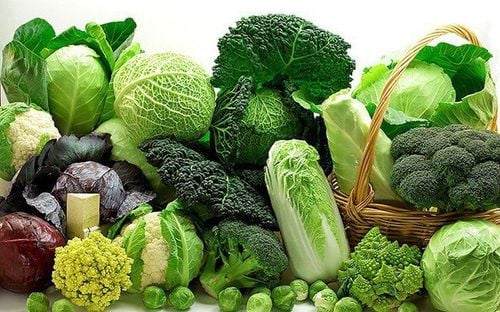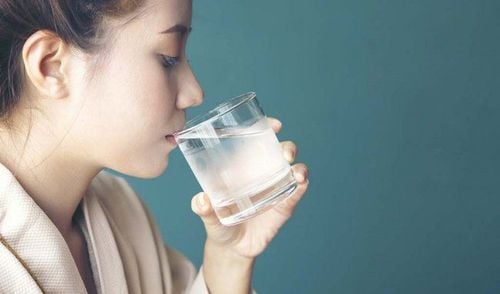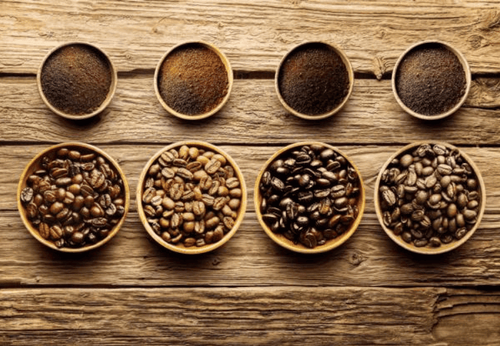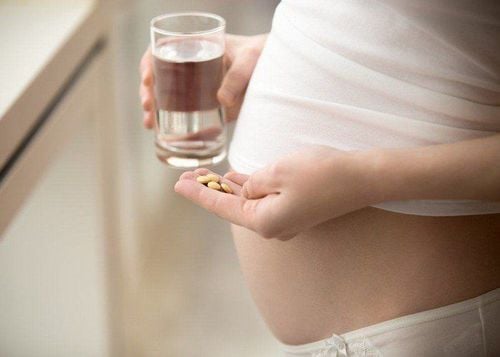In reality, many cesarean deliveries occur as a result of pregnancy complications or abnormalities during labor. Cesarean birth is more difficult and painful for mothers as it depletes both physical and mental energy. Therefore, a proper diet is essential for postpartum recovery and should be a top priority for mothers.
1. Importance of Nutrition for Post-Cesarean Recovery
- Promote wound healing: A protein rich diet supports skin regeneration and wound healing, while vitamins and minerals reduce the risk of infection during recovery. Essential trace elements such as iron, zinc, and calcium are critical for blood clotting and tissue repair.
- Enhancing lactation: Adequate and balanced nutrition ensures sufficient breast milk production for newborn’s needs.
- Managing postpartum weight: A balanced diet aids in rapid recovery, promotes lactation, and supports healthy weight management through the consumption of lean protein, vegetables, and fruits.

2. Nutritional Recommendations After a Cesarean Delivery
Post-cesarean mothers should include the following foods in their diet:
- Iron-rich foods: pumpkin, egg yolks, grapes, bananas, nuts and seeds.
- High-protein foods: beef, pork, chicken, cheese, plant-based options such as tofu, seeds, and plant-based milk.
- Vitamin E-rich foods: found in wheat germ, almonds, peanuts, vegetable oils, spinach, and broccoli.
- Lactation-boosting foods: beef porridge, pork leg soup, and green papaya are beneficial for milk production.
- Hydration is also crucial for the postpartum period, which is recommended to be at least 1.5–2 liters of water daily. Foods such as yogurt and milk are excellent sources of hydration and essential nutrients.
- All foods should be fresh, clean, and thoroughly cooked to ensure quality and safety.

3. Foods to Avoid After a Cesarean Delivery
Certain foods and beverages should be avoided during the postpartum recovery period, including:
- Gas-Inducing foods: soy milk, starchy foods, and fermented products such as pickled cucumber and pickled daikon.
- Sour fruits: starfruit, tamarind, persimmon, and unripe mangoes.
- Strong spices such as chili, pepper, and other intense spices.
- Inflammatory foods may interfere with wound healing, including sticky rice, water spinach, and egg whites.
- Oily and fried foods
- Foods containing strong stimulants such as coffee, cigarettes, alcohol, energy drinks, and sugary sodas.

4. Further recommendations for Post-Cesarean Recovery
In addition to proper nutrition, postpartum mothers should pay attention to the following:
- Avoid sitting up within the first 12 hours after delivery to prevent orthostatic hypotension.
- Gentle movement is encouraged from the second day to promote circulation and reduce fatigue.
- Initiate breastfeeding as soon as possible to stimulate milk production.
- Bathe or cleanse the body with warm water 3–4 days postpartum to maintain hygiene and comfort.
- Ensure sufficient sleep of 8–9 hours daily to support recovery. However, avoid oversleeping to prevent fluid retention in the uterus.
- Avoid heavy physical activities during the first 2 months postpartum.
- Refrain from sexual activity for 5–6 weeks to minimize the risk of infection.
To arrange an appointment, please call HOTLINE or make your reservation directly HERE. You may also download the MyVinmec app to schedule appointments faster and manage your reservations more conveniently.








